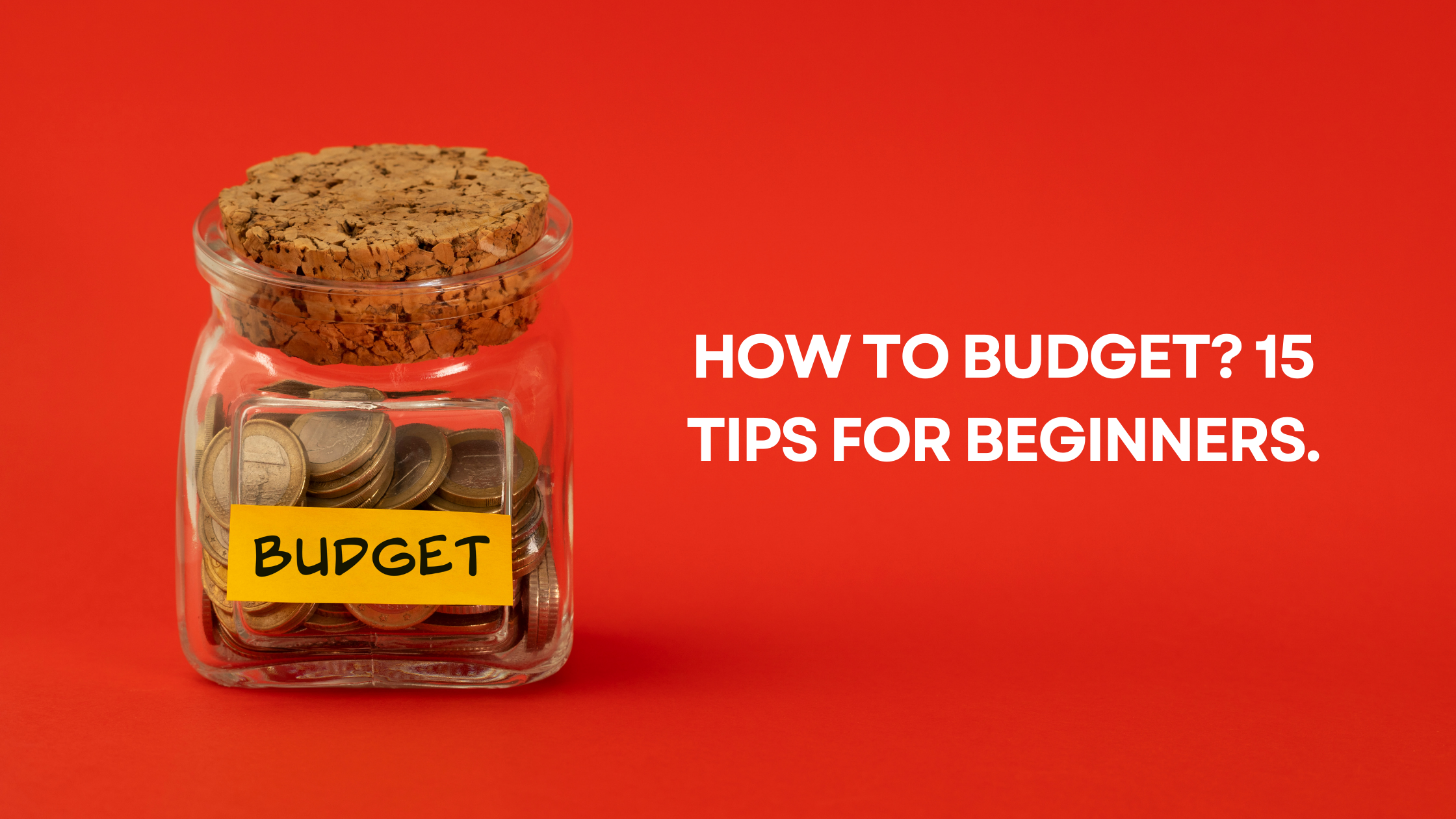How to budget for beginners: Budgeting is a foundational skill for acquiring financial stability and success. Whether you are aiming to pay off debt, save for a substantial purchase, or plan for your future, a well-planned budget acts as your financial roadmap. In this article, we will talk about the principles of budgeting, step-by-step processes to plan a budget, and practical tips to help you master the art of handling your money effectively.
Also Read:
- How to Become Financially Independent? – Proven ways.
- How Do You Measure Success?
- How to be More Thoughtful?
- How to do Positive Self Talk?
Understanding the Importance of Budgeting
A budget is more than just a tool to track expenses; it is a strategic plan that authorizes you to plan your resources wisely, gain financial goals, and build a safe financial future. By gaining control over your expenses, you can make calculated choices about where your money goes, decrease financial stress, and work towards your long-term goals.
How to budget for beginners?
Evaluate Your Financial Situation
Before talking deeply about budgeting, take a careful look at your current financial situation. List all sources of income, including your salary, bonuses, side hustles, and any other financial inflows. On the expense side, organize your spending into fixed costs (e.g., rent, utilities) and variable costs (e.g., groceries, enjoyment). Understanding your financial spending habits is the foundation for creating an effective budget.
Set Clear Financial Goals
Define your short-term and long-term financial goals. Whether it is paying off student loans, saving for a home, or creating an emergency fund, setting clear goals gives your budget goal. Categorize your goals as immediate (within the next few months), short-term (one to three years), and long-term (over three years). Doing this helps prioritize and assign resources accordingly.
Create a Real Budget
Based on your assessment and financial goals, it’s time to create a real budget. You can begin by listing your sources of income and deducting your fixed expenses. The remaining amount is your discretionary income, which you will divide into variable expenses and savings. Aim for a balance that permits you to comfortably cover your essentials while making improvements towards your financial goals.
Differentiate Your Expenses
To create a thorough budget, differentiate your expenses into fixed and variable costs. Fixed expenses contain rent or mortgage, utilities, insurance, and debt payments with constant monthly amounts. Variable expenses contain groceries, going out for dinner, entertainment, and other spending that may fluctuate from month to month. This breakdown helps determine areas where you can cut back or optimize spending.
Track Your Spending
Tracking your spending is an important part of effective budgeting. Keep a precise record of every expense, either manually in a notebook or by using budgeting apps. Regularly check your spending habits to identify places where you might be overspending or where adjustments can be made. This awareness is important for keeping financial discipline.
Differentiate Between Needs and Wants
When creating a budget, it is important to distinguish between needs and wants. Needs are necessary for survival and well-being, such as housing, utilities, and groceries. Wants, on the other hand, are non-essential items like going out for dinner or entertainment. Prioritize your needs, providing they are sufficiently covered, before distributing funds to wants. This difference helps you make knowledgeable decisions about where your money goes.
Build an Emergency Fund
An emergency fund is a financial safety net that gives peace of mind and protection against unexpected expenses. Allocate a portion of your budget to create and maintain an emergency fund equal to three to six months’ worth of living expenses. Having this reserve means that you can handle unexpected situations without derailing your financial plan.
Prioritize Debt Repayment
If you have outstanding debts, allocate a portion of your budget to debt repayment. Prioritize high-interest debts and consider using strategies like paying off the smallest debt first or paying the highest-interest debt first. Constantly chipping away at your debt contributes to financial freedom and enhanced budget flexibility.
Automate Savings
To ensure constant progress towards your financial goals, automate your savings. Set up automatic transfers to your savings or investment accounts every time you receive your paycheck. Automation stops the temptation to spend money unnecessarily and infuses discipline into building your financial reserves.
Modify Your Budget Regularly
Life is dynamic, and your budget should reflect differences in your financial situation. Regularly check and adjust your budget as needed. If your income increases or decreases, if you experience a major life event, or if your spending patterns develop, adapt your budget consequently. Flexibility is key to maintaining a budget that aligns with your current financial facts.
Negotiate and Reduce Expenses
Look for opportunities to negotiate and decrease your fixed and variable expenses. This may include negotiating bills with service providers, exploring more cost-effective options, or removing non-essential subscriptions. Every dollar saved contributes to your financial well-being and creates additional room in your budget for savings or debt repayment.
Utilize Technology
Take advantage of budgeting apps and financial tools to facilitate the budgeting process. These apps can help automate expense tracking, categorize spending, and provide insights into your financial practices. Embrace technology as a useful partner in your journey toward financial mastery.
Consider Envelop Budgeting
Envelop budgeting is a hands-on approach where you can have physical envelopes or digital categories for different spending areas. Once the envelope is empty, there is no more spending in that category until the next budget cycle. This technique delivers a tangible way to control unnecessary spending and stay within your budget limits.
Involve Your Family or Partner
If you share financial commitments with family members or a partner, include them in the budgeting process. Collaboratively set financial goals, discuss spending priorities, and ensure that everyone is on the same page. Open communication promotes a sense of shared responsibility and increases the likelihood of successfully sticking to the budget.
Celebrate Accomplishments
Identify and celebrate milestones and achievements along your financial journey. Whether it is paying off a credit card, reaching a savings goal, or successfully sticking to your budget for several months, take the time to recognize your progress. Celebrating accomplishments supports positive financial habits and motivates you to stay determined in your financial goals.








